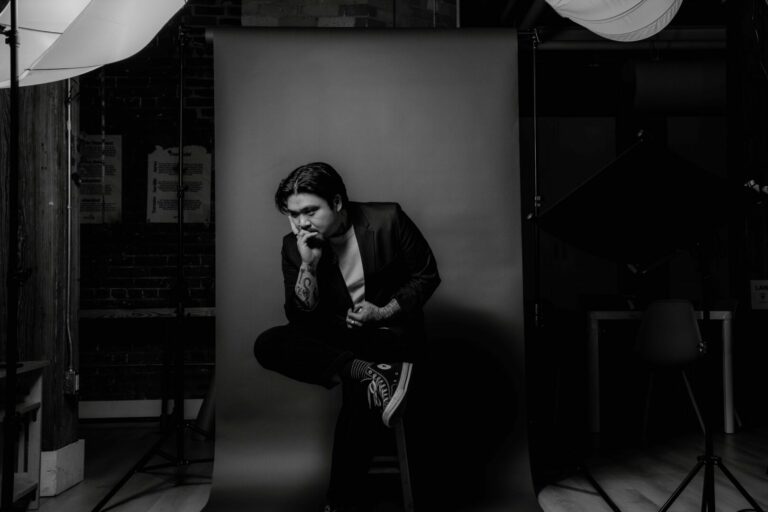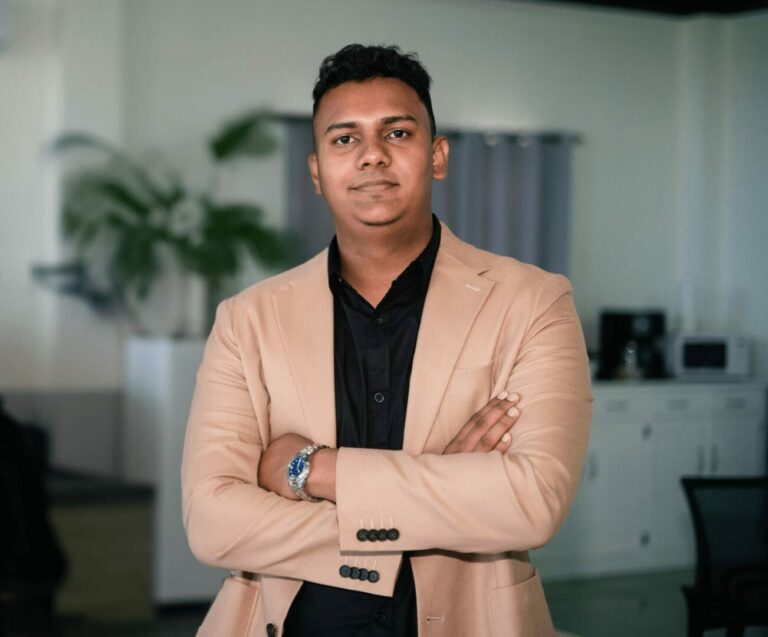We caught up with the brilliant and insightful David Farris a few weeks ago and have shared our conversation below.
David, we’re so excited for our community to get to know you and learn from your journey and the wisdom you’ve acquired over time. Let’s kick things off with a discussion on self-confidence and self-esteem. How did you develop yours?
I was fortunate to have very intelligent, successful, caring parents that provided me an excellent childhood. At the same time, I was the 2nd child and grew up during the early days of my parents starting their own small business. So there wasn’t much attention available to give, and the less I received, the more I needed. Add on the fact that as a gay kid in the south, there were so many questions for which there were not answers readily available because back then nobody talk about “that.”
After awhile I just got tired of being overlooked and being misunderstood so I had to develop my own self image and my own self worth. There wasn’t a model combining who I was and who I wanted to be – so I had to create that model for myself.
The process started in small steps. I would identify something about myself or my character that I didn’t like or thought I could do better and I set out to change it or fix it. Once accomplished, I used that as a source of pride that I celebrated. Piece by piece I re-created the person that I wanted to be, one small step at a time.
Thanks, so before we move on maybe you can share a bit more about yourself?
When I got into the furniture business I quickly learned that I was a total idiot and knew absolutely nothing about the industry that I had just spent my life savings entering. So I took a tiny booth at High Point Market and spent the entire show talking to interior designers – not about what we did as a company but what they did in their business, how they were treated by other furniture companies and what they needed.
From these encounters I found my place with small and independent designers – the ones that were just starting out or were working alone or with a small staff. Those that were booted out of the big showrooms or treated like idiots if they didn’t know every last detail about furniture.
As I learned about the business I tried my best to share that information with those designers that were becoming customers. I made it a priority to treat the smallest customer like they were the largest and that any question they asked had never been asked before.
At the end of the day furniture is furniture. It’s either made cheaply or well, styles don’t vary all that much. The real difference in this business is the way we treat our customers, and I’ve done all I can to make that our focus and priority.
If you had to pick three qualities that are most important to develop, which three would you say matter most?
My number one talent or skill is having the ability to recognize that I’m the least knowledgeable person in every room and to champion that fact. It forces me to ask questions, to be open to suggestions and to find ways to meet folks half way between when I believe to be true and what they need to be true.
For anyone early in their journey I would recommend that they become comfortable with being a loser. Until you get over the fear of losing you can never really make the decisions necessary to be successful. But it’s a fine line – accepting loss has to be the impetus for a desire to be successful. You have to be willing to look in the mirror, admit that you’ve failed, analyze the “why” and set a course for the future.
The one skill that I wish I had spent more time learning is finance as it permeates through every aspect of our lives. Whether you are a banker or an artist – finance is still going to impact your life every day. Being able to own that information is power that can not be underestimated.
If you knew you only had a decade of life left, how would you spend that decade?
Furniture is a 99% people business. And those people are skilled artisans that take years and years to become even “good” at their jobs. Finding the right people with the right skills that are available at the right time is a balancing act that I never anticipated and it has plagued my company from day 1.
Pre-Covid unemployment in the industry was tight. During Covid there was zero unemployment in furniture. As a small employer we didn’t have the trappings of the big companies with paid health insurance, on premise gyms and coffee bars along with great retirement plans. All we had was the way we treat people and that’s what we put front and center.
At the end of the day we have had to learn to treat paid employees like volunteers because at the end of the day – they are volunteering to work here instead of one of the other places in town where they could reap much greater reward.
Contact Info:
- Website: www.tedscottdesign.com
- Instagram: tedscottdesigns
- Facebook: tedscottdesigns
- Linkedin: tedscottdesigns









